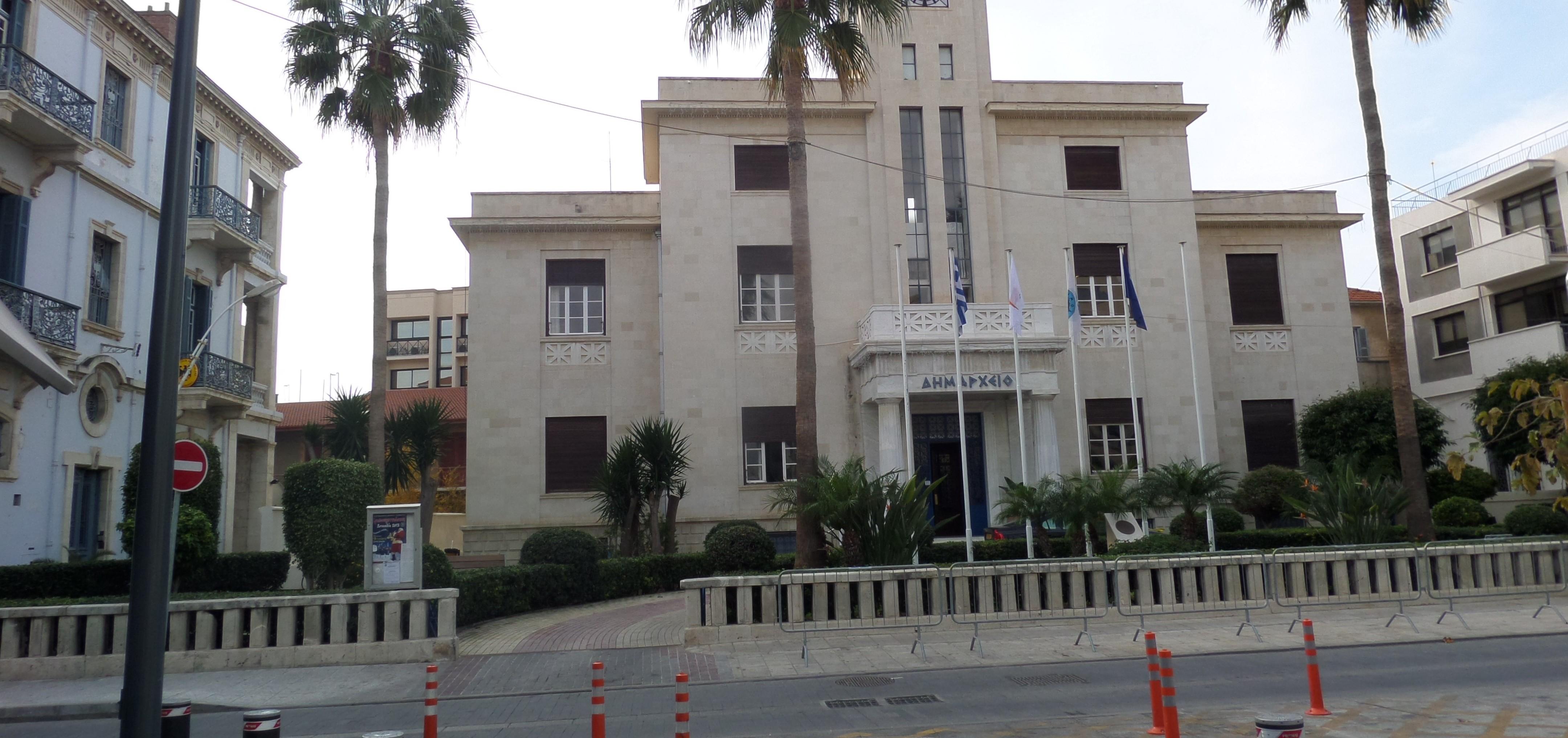The Limassol municipality is concerned about the accumulated debt from renting municipal premises and public spaces. According to the mayor's office, the total amount owed is three million euros. The issue extends beyond overdue contracts to include cases where municipal property is used without agreements or payment.
It is a chronic problem requiring urgent measures
Limassol Mayor Yiannis Armeftis acknowledged that the situation is protracted and systemic. To address this, the municipality has established a Public Spaces and Municipal Facilities Management Authority to accelerate debt collection and regulate the rental of municipal property.
To date, overdue payments under official contracts total around €2 million, and an additional €1 million is owed by users of public areas with no contractual relationship with the municipality. In total, there are 110 properties on the list. However, only half of the tenants have signed contracts, and only a third of those tenants pay regularly.
Heroes' Square, a symbol of conflict,
— is one of the most striking examples of this problem. Restaurants and taverns actively use the space there without paying. After the pandemic, the debt for its use exceeded €250,000. Only one entrepreneur has paid off their €15,000 debt.
The city council has held several meetings with the tenants. Armetis stated that anyone who wants to continue working in this location must sign a contract by the end of August 2025. Rent will be charged starting January 1, 2026, and the fully renovated space will be available by April. If payment terms are not met, the municipality will immediately seize the equipment and take the case to court.

Noise control and compliance with regulations
In addition to debt collection, the Limassol authorities intend to tighten noise control regulations in public places. In particular, a ban on installing external speakers and loudspeakers has been introduced in Heroes Square to reduce noise pollution for residents.
Economic and Social Impact
According to experts, strict enforcement of the new rules could generate hundreds of thousands of euros in additional revenue for the city budget each year. This revenue could finance improvements and infrastructure development. At the same time, tighter controls will increase transparency in the use of public spaces and create a level playing field for all businesses.
